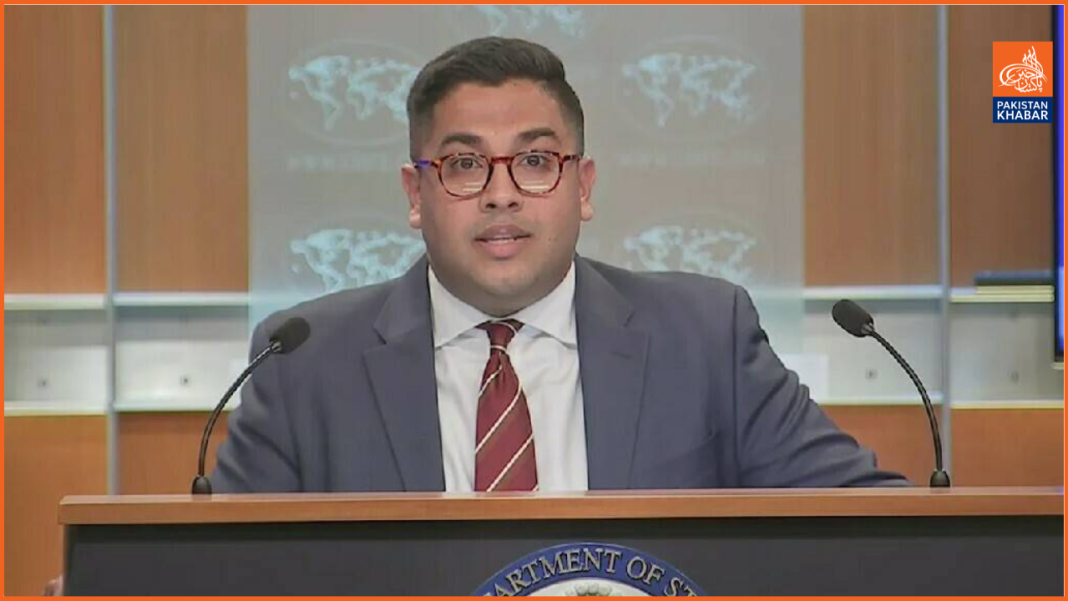The US has expressed concerns over Pakistan’s long-range ballistic missile program, with State Department Principal Deputy Spokesperson Vedant Patel stating on Thursday that while Pakistan remains a key partner in non-proliferation efforts, the US aims to address these concerns in a constructive manner.
During a press briefing, Patel responded to questions about new US sanctions imposed on Pakistan’s missile program. The sanctions, which Pakistan’s Foreign Office criticized as “double standards,” were described by Patel as part of the US commitment to the global non-proliferation regime.
Patel emphasized, “We have been clear and consistent in our concerns about Pakistan’s long-range ballistic missile program. It’s longstanding US policy to deny support for this program, and the State Department will continue using sanctions and other tools to protect national security and prevent misuse of US exporters and financial systems by proliferators.” He also noted concerns that Pakistan’s missile capabilities could eventually extend beyond South Asia, posing a potential threat to the US.
Deputy National Security Adviser Jon Finer echoed these concerns during a Carnegie Endowment for International Peace event, noting that Pakistan’s missile program appears to be shifting focus from India, potentially developing the capability to strike targets far beyond the region, including the US.
In response to Islamabad’s criticism of the sanctions, Patel clarified, “These designations are based on concerns about Pakistan’s missile program, but they do not affect other areas of US-Pakistan cooperation, which remain strong.”
The US sanctions, announced on Wednesday, target Pakistan’s National Development Complex and three associated firms under an executive order designed to prevent the proliferation of weapons of mass destruction and their delivery systems. State Department spokesperson Matthew Miller emphasized that the sanctions reflect the US’s determination to address the global security threats posed by the proliferation of weapons technology.




